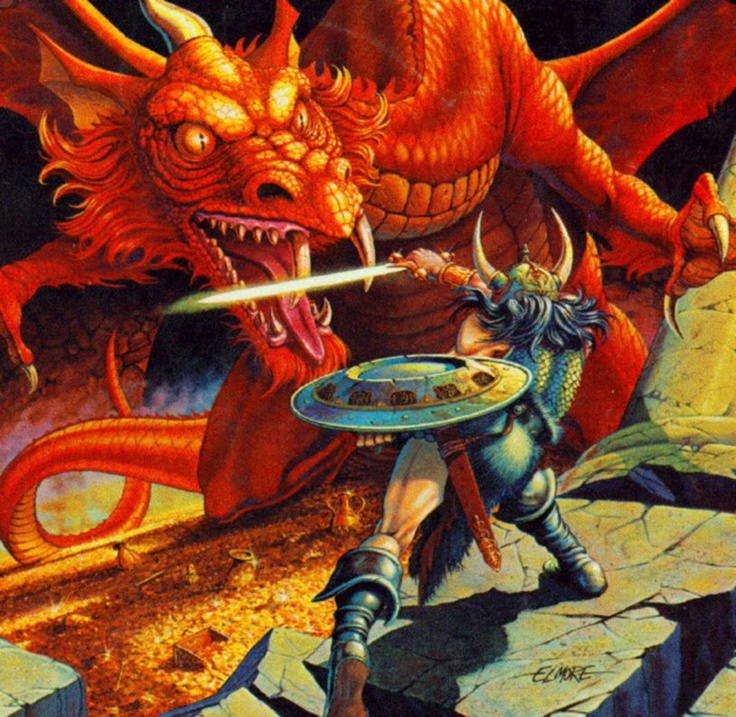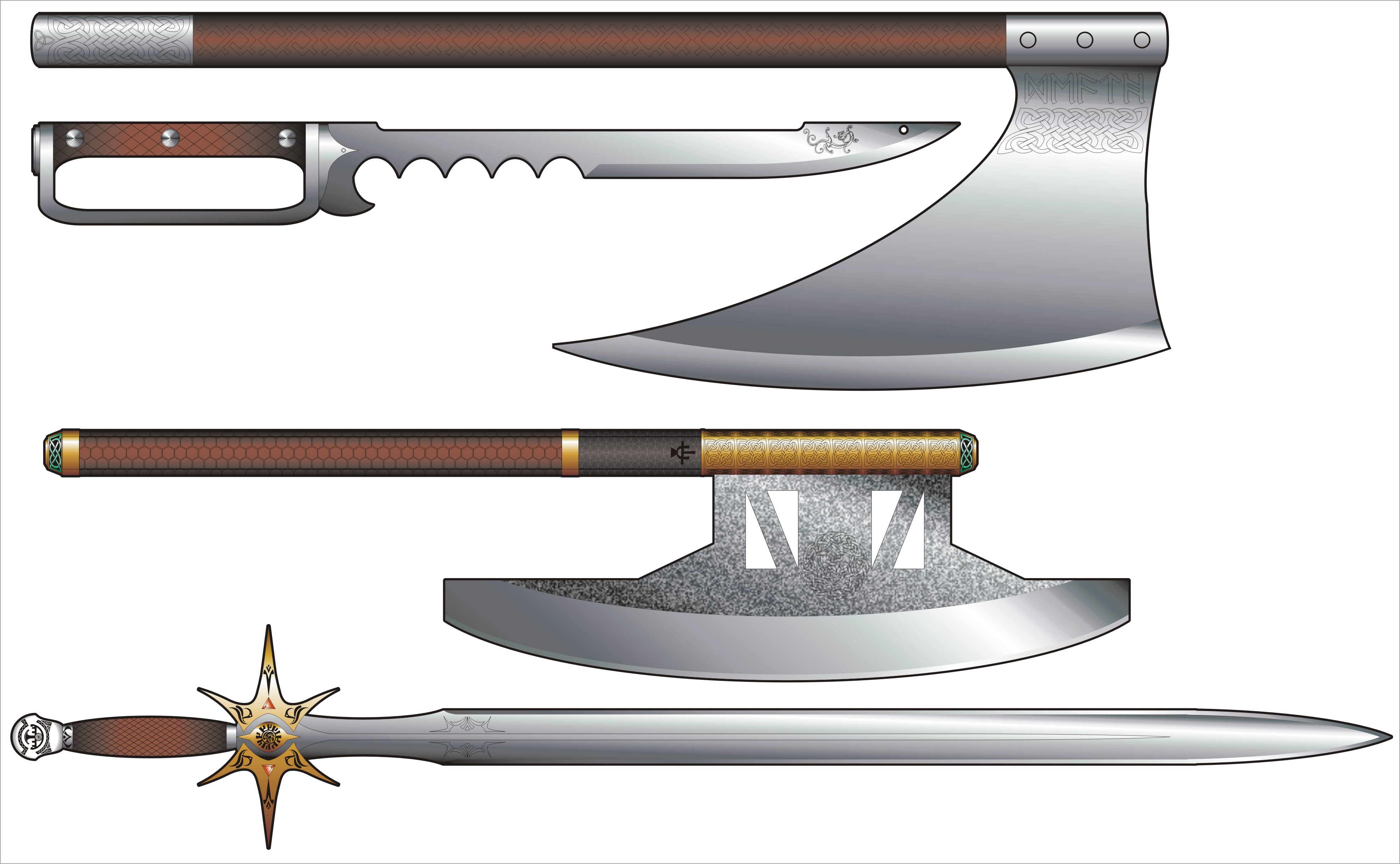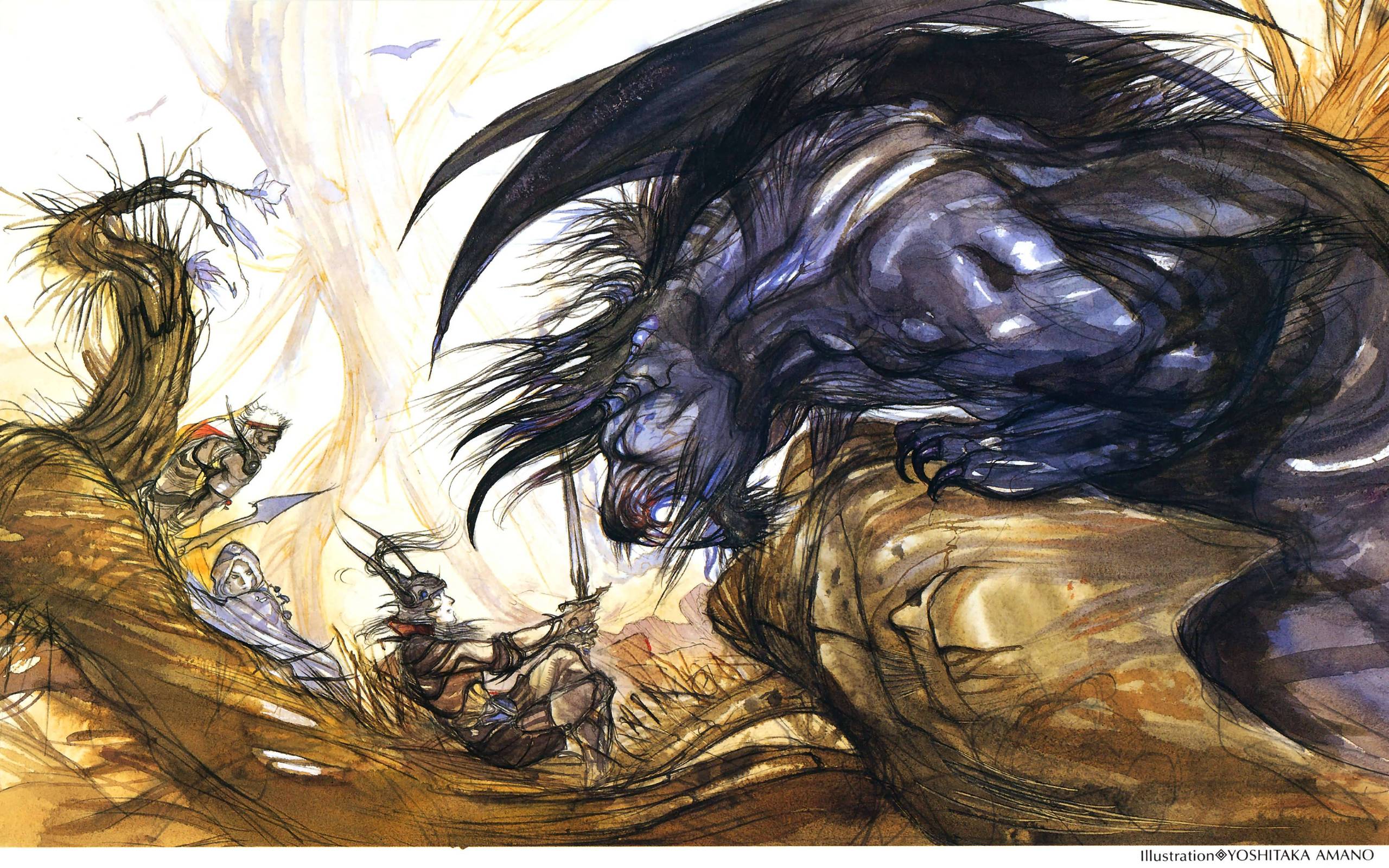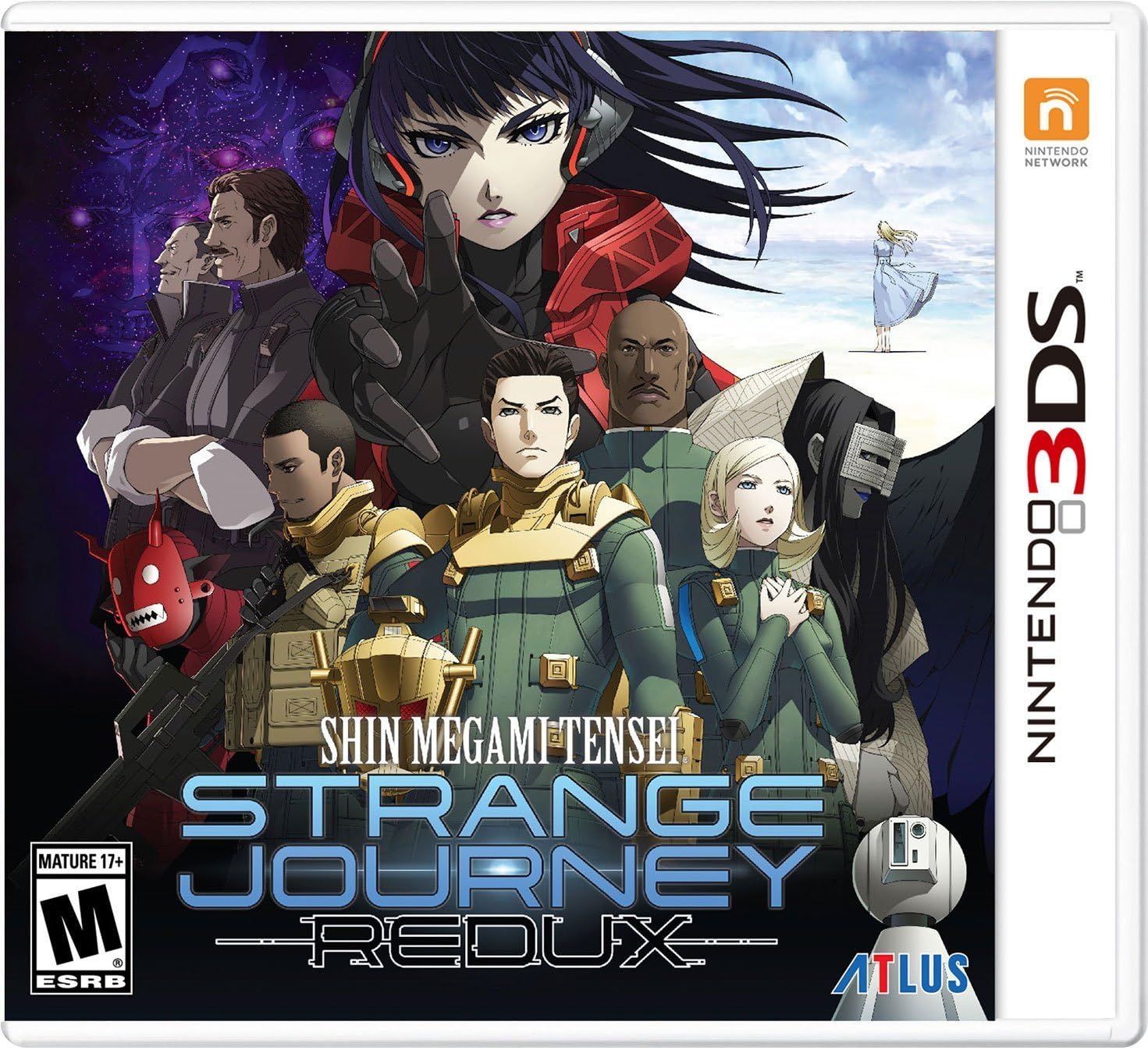I'd say the opposite. After playing peak incline turn based games like Fell Seal, Xcom, Breach I've really become turned off by poor implementations of turn based combat in most JRPGs.
This is not really a JRPG thing, but these days my time is valuable and I really am disliking badly implemented turn based games. Which ends up being 90% of turn based games, because nobody understands the turn based gameplay loop that well.
It's not even a Nippon vs West thing, but the Japanese game industry loves their turn based games in general.
But they produce a lot of shitty ones.
(Obviously because it's a LOT easier to produce a turn based game than a live action real-time one, less frames to animate yo, notice how console games trend towards 24 fps and are practically turn based. Slick 60fps realtime games are *hard*.)
While X-COM: UFO Defense is one of the best tactical TBs of all time and Into the Breach is a lot of fun (Fell Seal is definitely not anywhere near the same class as top-tier JRPGs nor is it anywhere near the same elegant design of ITB), most JRPGs have Wizardy as their heritage. That “classic” JRPG combat is from Dragon Quest, which was heavily inspired by Wizardry’s combat. Sure, not every JRPG can approach the simple yet elegant combat system of Dragon Quest 1 with its accompanying encounter design, but as far as RPGs go, Wizardry is a good system to emulate.
Any well-designed tactical turn-based strategy game is going to have a better combat system than most RPGs, I mean that’s only logical. RPGs fulfill a different interest.
Gameplay loop =/= combat system and game mechanics.
The mechanics and combat system are a subset of the gameplay loop, and generally speaking a fairly minor one.
My problem with turn based is really less to do with the design of the systems that the player interacts with when it's their turn, but with the length of time that player interaction is taken away from the player.
The feeling and design of the turn cycle is much more important to player enjoyment than the array of options given to them when they are at the "it's your turn" point in time.
See Tides of Numenera for an absolutely diabolical experience, and Unity games in generally because they run like a dog on initial release before the studio spends 6 months patching their Unity to speed things up, when control is taken away.
For what it's worth, many many games provide a good turn based array of choices when it's your turn. Dungeons and Dragons has raised our good old game dev overlords well, they get that part right, even if they don't understand the features of the video game itself. Most of the not horrible turn based games are fine there.
But it's those three, Breach/Fell Seal/XCOM, and I mean the Firaxis XCOM, that provide a great *game-play loop*.
Aka understanding the design of the typical game-play cycle, which is point to point the entire experience from mission start, mission end, mission select, back to mission start. And the interactions and responsiveness of the gameplay elements along the way.
Fell Seal's issue was more-so the array of options it presents when it was your turn and the mechanics themselves. But its gameplay loop was exceptionally enjoyable.
---------------------------
In terms of RPG vs turn based strategy, it's a question of focus.
The fundamental identity of an role playing game is... role playing.
And not static role playing, but playing a role in ways that change over time. Statically playing the same role with no changes is not fun unless it's a micro experience.
Aka
character development.
Character sheet development, as in blobbers, and narrative development, as in storyfags, are two types of development RPG Codex really looks at.
But you can also change the gameplay loop itself and the game world around the player to show development.
But all of these feed into what people fundamentally like RPGs for, they are there for the progress. Players want to *feel progress*.
Turn based strategy elements and the gameplay loop itself are often adjacent to fulfilling this fundamental characteristic, but it's not a zero sum equation.
You can have a brilliant role playing experience and a brilliant gameplay loop.
But they are parallel concepts as much as they are intertwined, because you're giving the player two different things. An enjoyable gameplay loop, and the feeling of progress.
















![Glory to Codexia! [2012] Codex 2012](/forums/smiles/campaign_tags/campaign_slushfund2012.png)









